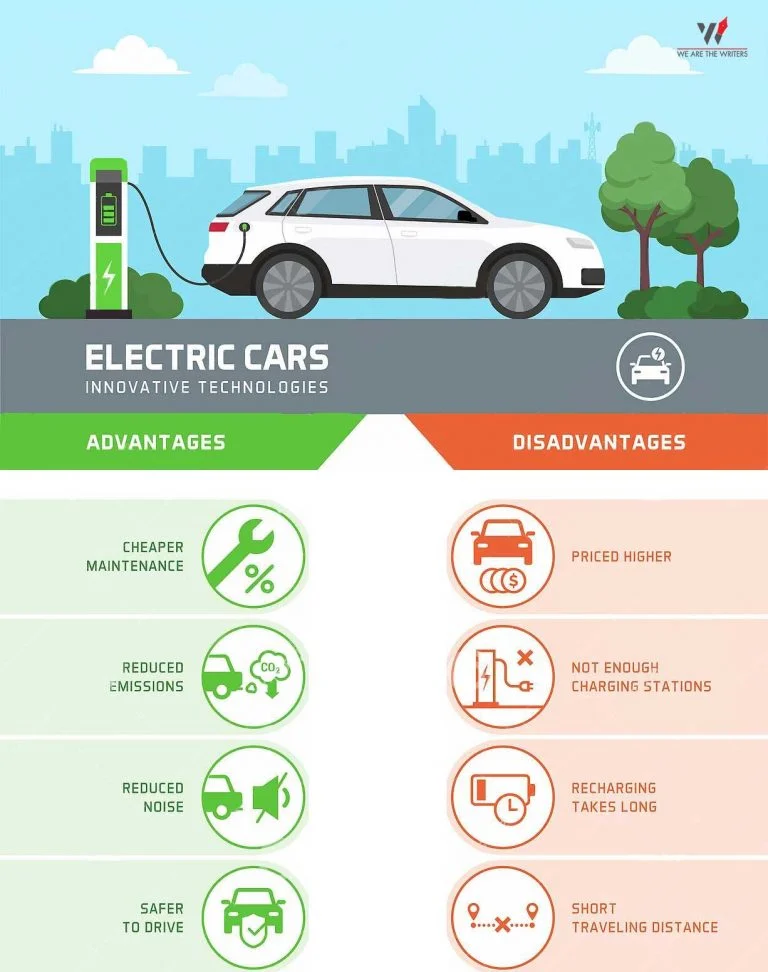There are several advantages and disadvantages to consider when thinking about purchasing a used electric vehicle. On the one hand, buying a used electric vehicle can be more affordable than purchasing a new one, allowing you to take advantage of the cost savings associated with depreciation. Additionally, used electric vehicles may still be covered by the manufacturer’s warranty, providing a sense of security for the buyer. On the other hand, used electric vehicles may have limited battery life and range, as well as potential issues with charging infrastructure and maintenance costs. It’s important to carefully weigh these factors before making a decision.
When considering the purchase of a pre-owned electric vehicle, it’s essential to take into account the potential savings on fuel costs and the environmental benefits of reducing emissions. However, it’s also crucial to research the vehicle’s history, including its previous use and any potential battery degradation. Moreover, buyers should consider the availability of charging stations in their area and the potential costs associated with upgrading the vehicle’s charging capabilities. Balancing these factors will be crucial in making an informed decision about purchasing a used electric vehicle.
The Benefits of Buying a Used Electric Vehicle
There are several advantages to buying a used electric vehicle. Firstly, cost savings can be significant when purchasing a used electric vehicle compared to a new one. Depreciation on electric vehicles tends to be higher in the first few years, so buying used can allow you to avoid the steepest part of this depreciation curve. Additionally, used electric vehicles may still be under warranty, providing peace of mind for the buyer.
Furthermore, buying a used electric vehicle is environmentally friendly, as it gives the car a second life and reduces the overall carbon footprint associated with manufacturing a new vehicle. With the increasing focus on sustainability and reducing emissions, buying a used electric vehicle can align with personal and corporate environmental goals. Overall, purchasing a used electric vehicle can provide cost savings, warranty coverage, and environmental benefits.
The Drawbacks of Buying a Used Electric Vehicle
While there are many benefits to purchasing a used electric vehicle, there are also some drawbacks to consider. One potential drawback is the limited selection of used electric vehicles on the market, especially compared to traditional gasoline-powered vehicles. This can make it more challenging to find the specific make, model, and features that a buyer is looking for.
In addition, battery degradation is a concern with used electric vehicles, as the battery is a critical and expensive component. While many electric vehicle manufacturers offer warranties on their batteries, these warranties may have limitations or may have already expired on used vehicles. Buyers should carefully consider the remaining battery life and factor in the potential cost of battery replacement when purchasing a used electric vehicle.
| Pros | Cons |
|---|---|
| Lower purchase price | Shorter driving range |
| Lower depreciation | Potential battery degradation |
| Lower operating costs | Uncertainty about previous usage |
| Environmental benefits | Higher maintenance costs |
| Potential incentives and rebates | Limited availability and options |
When considering buying a used electric vehicle, there are several pros and cons to take into account. On the positive side, you can benefit from a lower purchase price, lower depreciation, and lower operating costs, as well as potential environmental benefits and incentives. However, there are also drawbacks such as a shorter driving range, potential battery degradation, uncertainty about the vehicle’s previous usage, higher maintenance costs, and limited availability and options. It’s important to carefully weigh these factors before making a decision.



